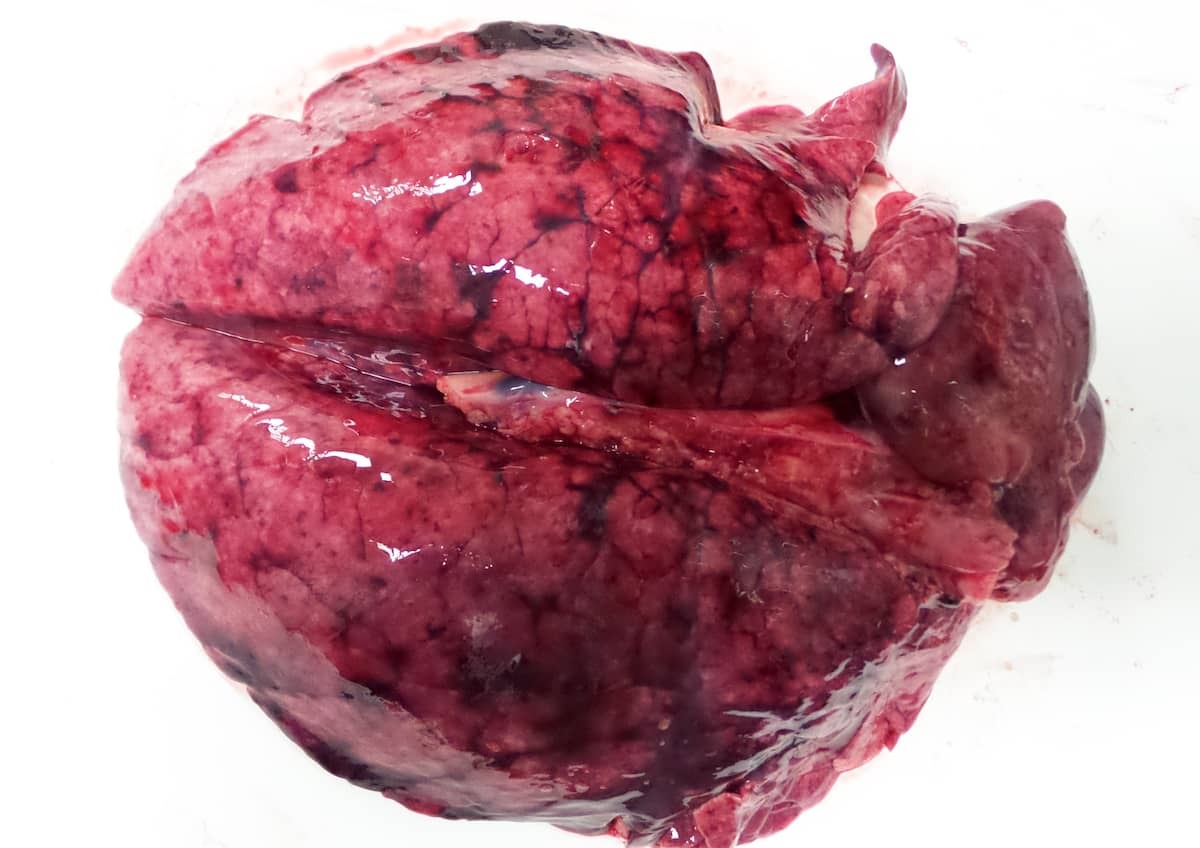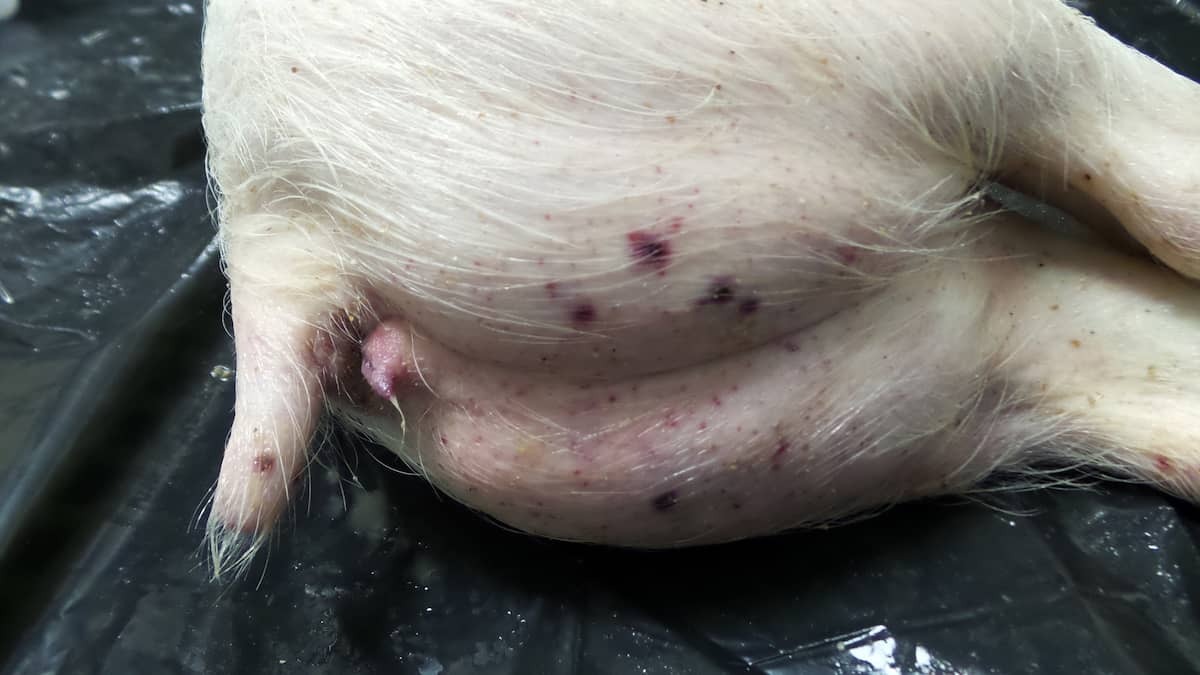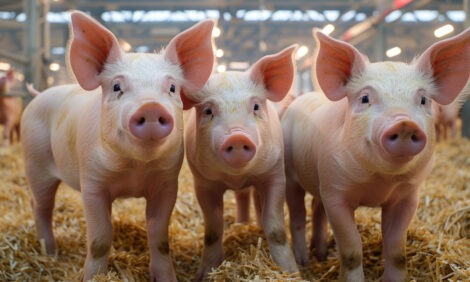



Tuberculosis vs. salmonellosis: Inactivated tuberculosis bacilli as an immunostimulant against salmonellosis in pigs
Study shows exposure to inactivated mycobacteria has positive effects against other pathogensWhat if an immunostimulant based on the bacteria Mycobacterium bovis causing the animal tuberculosis could help protect against salmonellosis in pigs?
Scientists from Instituto de Investigación en Recursos Cinegéticos (IREC – CSIC, UCLM, JCCM), the University of Córdoba, the Veterinary Health Surveillance Center (VISAVET) of the Complutense University of Madrid and the Basque Institute for Agricultural Research and Development (NEIKER) have used m bovis heat inactivated against salmonellosis caused by Salmonella enteric serovar Choleraesuis (S. choleraesuis) in pigs. To do this, they have taken advantage of a non-specific protection mechanism called "trained immunity".

Trained immunity is the ability of innate immune cells, such as macrophages, to produce an enhanced immune response against infection after initial stimulation by another pathogen. Salmonellosis continues to represent a public health problem that causes economic losses in animal production and vaccination is still not able to control it.
In the experiment, pigs that received the immunostimulant had improved weight gain, developed milder respiratory signs, and had fewer lung lesions. The immunostimulant reduced the indicators of oxidative stress and increased the production of cytokines, important immune mediators.

The result suggests that exposure to inactivated mycobacteria has positive clinical, pathological and immunological effects against other bacterial pathogens. This opens the door to more studies on mycobacteria and trained immunity, which are being developed at IREC within the framework of the MYCOTRAINING project financed by the Castilla-La Regional R&D Plan Spot and EU-FEDER funds.








